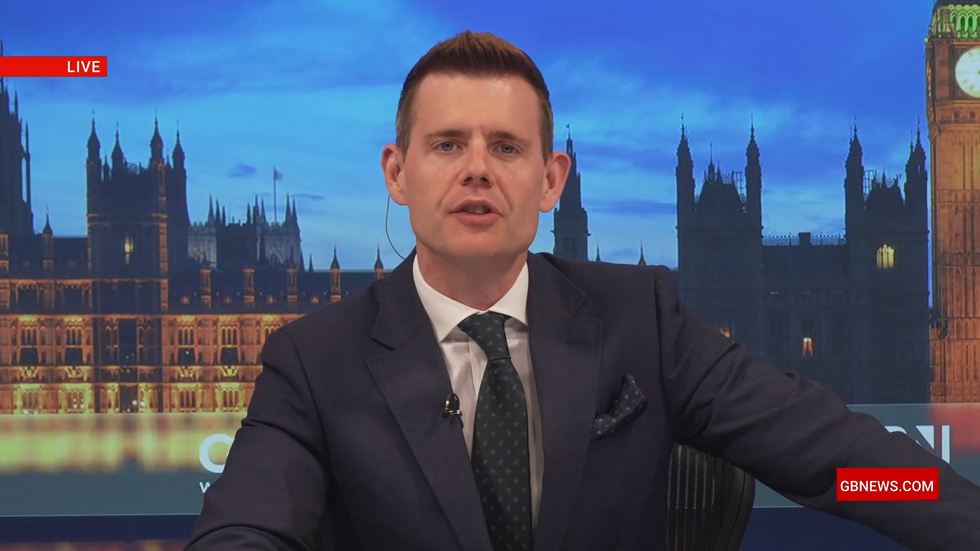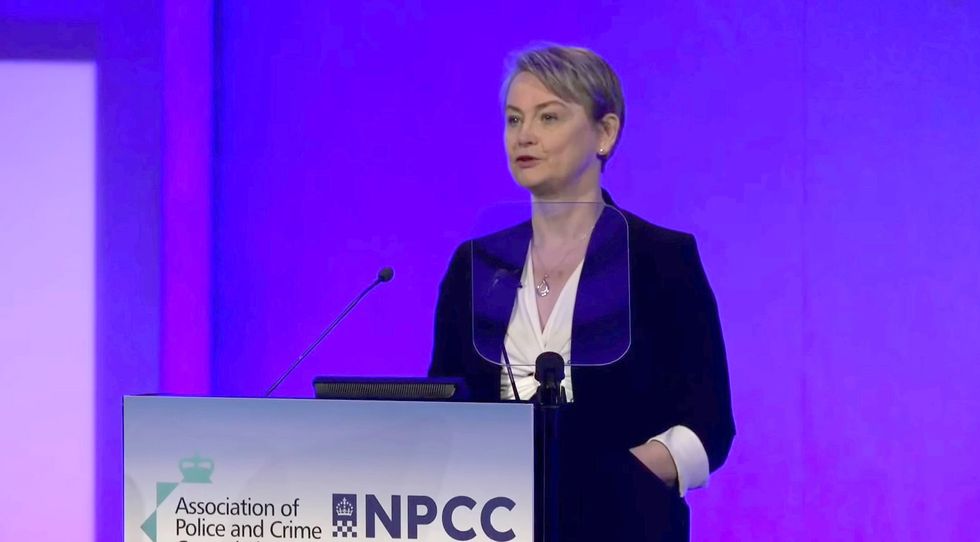'Labour should focus on helping British youth, not opening borders'
GB NEWS
Matthew Goodwin shared his views on the one-for-one policy
Don't Miss
Most Read
Trending on GB News
The Labour Government is considering participation in a "one in, one out" open border scheme with the European Union for under-30s.
The proposal comes at a time when over one million young British people are either unemployed or struggling to access stable housing.
We currently have around one million young people not in education, employment, or training—a truly damning statistic.
This scheme would allow young Europeans to live, work, and study in the UK, potentially increasing competition in already pressured job and housing markets.

Matthew Goodwin shared his views on the one-for-one policy
GB NEWS
Home Secretary Yvette Cooper, who has previously been a critic due to concerns about rising net migration, has reportedly withdrawn her opposition.
Earlier today, it was reported that Prime Minister Keir Starmer may also back the scheme after being urged by pro-European Union campaigners to bring the UK closer to the EU.
LATEST DEVELOPMENTS:
The justification offered is that a capped reciprocal arrangement would have minimal impact on net migration figures.
In practice, however, such schemes tend to benefit a relatively small, internationally mobile segment of the population—rather than the majority of young people in the UK.
It is unlikely, for example, that many young Britons, particularly those from disadvantaged white working-class backgrounds, will be in a position to take advantage of such opportunities abroad.
Meanwhile, across the political and economic landscape, many challenges persist for young Brits at home: very high rates of youth unemployment, limited affordable housing, and stagnant wages.
These issues are compounded by record levels of migration from the Middle East and Africa, which has increased competition for jobs and housing.
This latest scheme also coincides with other developments suggesting a gradual realignment with the European Union—the very organisation we were meant to have left.
Among the potential concessions being explored are granting the EU greater access to UK fishing waters, progress towards adopting European food and veterinary standards, and discussions about joining a joint European defence pact.
All of these moves are raising legitimate concerns across the country about the ongoing erosion of the UK’s independent policy stance—without a clear democratic mandate. Who voted for closer alignment with the European Union?

Home Secretary Yvette Cooper is reportedly considering the plans
PAQuestioning this latest mobility scheme is not about being anti-European. It is about ensuring that domestic needs are prioritised before expanding visa access to foreign nationals.
The Government should instead be focusing on addressing the needs of young people already living in the UK.
This is a matter of national importance and national priority—and, at present, many young Brits feel they are being overlooked.
The core question remains: Why is the UK considering this policy at a time when so many of its own young people are clearly struggling?







